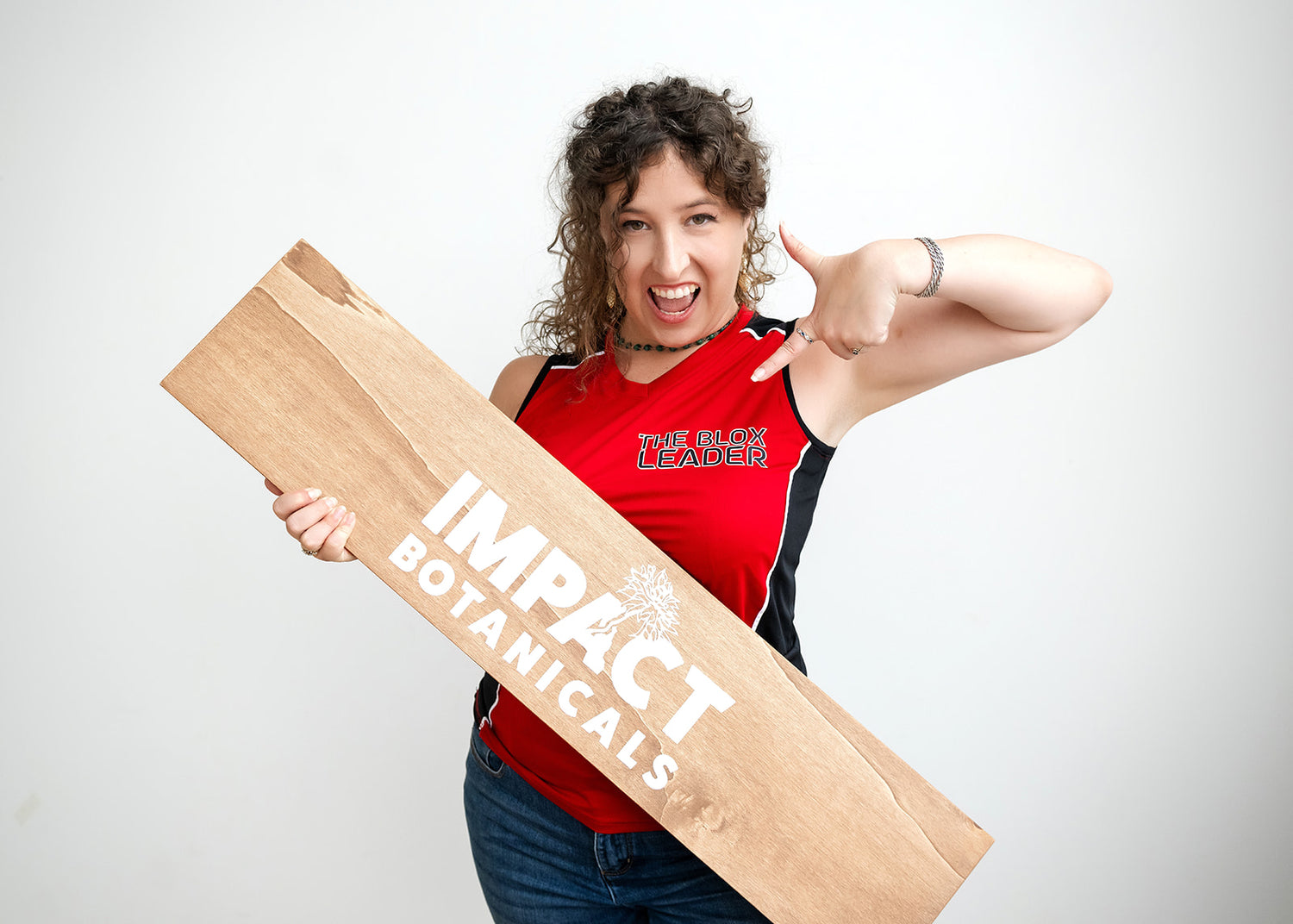It’s no secret that the more “traditional” paradigms of health and healing devote entire sections of their texts to the psychosomatic connection and the way in which different types of emotion take root in different parts of the body. Chinese medicine, Indian medicine, and other ethnic based schemas found in Africa, Asia, and the Americas will often address ailments from all angles- physical, mental, emotional, and spiritual. That being said, I wanted to focus an article on the emotional aspects of the gut. In Ayurveda (India’s traditional school of medicine) good health begins in the gut. Modern medicine is gaining steam on this platform, and there’s no shortage of articles, blogs, and research papers documenting various aspects of what a “good healthy” gut needs, has, or looks like; however, far fewer of them have touched on the emotional aspects of these vital component of our individual wellness. We can have stellar diets, we can work out, we can do all the right things to have the strongest and most efficient digestive systems, but if our emotions are out of balance, eventually, our gut will also end up catawampus too. Let’s take a look.
The Stomach
Arguably, this is where digestion begins (Shout out to all those who just thought “No, it begins with mastication!”. But for the sake of this conversation, let’s just go with the stomach). The stomach is not just where you digest food, but also where you digest life. How well do you “stomach” what life serves you? Are your days/ plates delightful and enjoyable? How well do you take to new, surprising, and unusual dishes? Sure, we all get some unpleasant dishes sent our way from time to time, but how gracefully do you respond to them? How well do you face what comes your way, break it down, make use of what is vital and dispose of what is not?
Of course, when the stomach is overwhelmed, we can eliminate problem foods, fast, or take herbs to assist it. When life overwhelms you, the answers are similar. Perhaps a vacation (or staycation) is needed, perhaps you need to ask for help, or perhaps you need to eliminate what’s causing the distress.
The Small Intestine
The small intestine is often under-sold. People focus on the liver, or the large intestine, but the small intestine is such a critical component. In Ayurveda, the small intestine is the seat of Pitta (the fire element) in the body- it’s the home base of the body’s digestive fire, the body’s ability to transform external items (like food) into fuel, into energy, into health and vitality. It dissolves the physical thing and turns it into raw power, ready to be plugged into whatever you need. This piggy-backs on the stomach theme a bit, but the small intestine is all about “What nourishes you?” Not only what do you bring into your body as fuel, but what do you bring into your life to fuel you? Where you draw your motivation? Your inspiration? What gets up you up in the morning and your internal engines revving? How do you nourish your heart and mind? How do you nourish your soul? How well do you bring those things into your mind or heart, understand them, spin those things right ‘round and use them to propel you forward?
The small intestine is where most of the physical nutrition of our food gets absorbed into our body. Likewise, the small intestine asks you to be aware of what is surrounding you and what you are absorbing mentally, emotionally, and spiritually.
Similarly, you could be going the other way, and not letting yourself “absorb” things around you. Are you shut off? Are you turning away from people and building walls? While this will certainly affect the heart, the small intestine will also suffer from this specific emotional state.
The Liver
The liver gets so much attention, and really, it is such a cool organ. We should all be kind to our livers as they do so very much for us.
The liver deals in our anger. On a physiological level, the liver filters poisons and toxins from our body. It makes sense that on an emotional level, the liver would also filter out the emotions that can poison our hearts. Anger and the liver are closely tied, it’s a reality I’ve seen countless times in my clients. How do you process your anger? How do you filter, process, and release it? Does your anger overwhelm you to the point of emotional sickness? To the point of physical harm?
The liver is also closely tied to Pitta, the element of fire, especially when Pitta is in a state of imbalance. Pitta famously rules digestion, but it is also ruler of our emotional body- Pitta rules both the heart and the gut. When Pitta is off-balance emotions like anger, impatience, and sharp words or actions can strike out of nowhere. However you choose to process your anger, it’s important to be aware of it. Like toxins that we ingest through our food, anger is something that quietly piles up, then BAM! It can explode out of nothingness. Being consciously aware of it is more than half the battle.
The Pancreas
The pancreas is our internal sweets dealer. It asks us about the balance of sweetness in our lives. Are we being indulgent and decadent? Too much sweetness can weigh us down and dampen our internal fire- we become complacent and lazy. In Ayurveda, this is known as a Kapha (earth element) imbalance. However, if we don’t have enough sweetness in life, where is the joy? When Kapha (earth element) is balanced, life is full of joy, beauty, and vitality. Our brain runs exclusively on sugar, and carbohydrates (kapha foods) give us abundant energy to pursue our aims.
Ironically, newer data is pointing to how the pancreas can be affected by certain non-sweet foods. In Ayurveda, meat and meat consumption is an interesting topic, and rationale shifts between different geographic locations in India and Nepal. Having studied in South India, my teachers heavily favored a meat-free diet, and pushed all their clients/ students to eat that way. The reasoning was that consuming the energy of death was the ultimate poison to the body, mind, and spirit, as meat is inherently filled with the energy of death. The sadness, fear, violence, and strife contained in death is the polar opposite of Kapha, the earth element that provides sweetness and vitality in our lives. Food gives us life, and thus it should not be laced with death.
“There is no kind, loving, or sweet way to take a life and dismember a body. And no mother wants her child to grow up to become food.” One of my teachers poignantly pointed out in class. Ironically, it was during a section on food meditations.
New research is tying meat consumption to pancreatic cancer and inflammation, validating the notion that the bitterness of death can be poisonous to our internal sweetness calibrator. Notably, Kapha people perform best on a vegetarian/ vegan diet.
The Large Intestine (AKA The Colon)
Like the liver, the colon gets a butt-load of attention. From colonoscopies to a never-ending plethora of articles discussing the regularity of one’s bowel movements, the colon is a hot topic in any health discussion. And while 9 times out 10, colon issues are diet-related, there can definitely be an emotional component as well. The colon asks us about our ability to let go of things. It doesn’t matter what it is- a physical object, a relationship, a grudge, something that didn’t play out very well, the illusion of success, the illusion of failure, the illusion of having or not having- it doesn’t matter what it is, holding too tightly to any one item or idea can stop up the flow of energy in your life. Only an empty space can be filled.
Just as the small intestine is the seat of Pitta (fire element), the large intestine is the seat of Vata (air element). It’s a curious connection, as Vata is so well known for ruling the mind and being the “King Dosha” (dosha= element) that one would think Vata would reside in the brain. But no, it made the large intestine its seat of operations. In Ayurveda the connection between the large intestine and the mind could never be addressed thoroughly enough- there seems to always something more to say about it. The mind cannot be calm unless the bowels are in a good state, and the regularity of one’s bowel movements is key to a healthy mental state. It’s an aspect of wellness modern medicine is still unpacking, and I personally would be interested in seeing data directly corelating colon health with mental health, but for now awareness is enough.
Spiritually speaking, strong attachment to any one thing, place, or person often holds us down, and Vata is the element most closely associated with Spirit, so the jump to the large intestine and its lessons of “letting things go” is not a large jump at all.





